The Internet of Things has caused a tremendous brain drain for India and is now the most challenging and dynamic field. India is emerging as a superpower in the field of Information Technology. The Department of Internet of Things was established in 2023 with the objective of producing competent IoT Professionals. Since 2023, the department has offered one UG program: B..E., CSE(IoT).
Well experienced and qualified faculty members support the department. Faculty have been researching areas like IoT, Data mining, Wireless Sensor Networks, Cloud Computing, Data Analytics, etc. Both students and faculty members have been trained in contemporary areas to meet the ever-changing industrial needs. The Department is equipped with the “State-of-Art” infrastructure and licensed software to help in self-learning and practice.
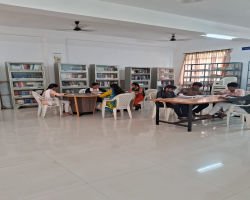
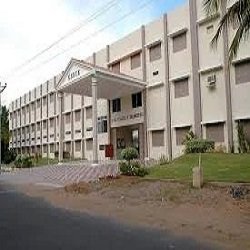
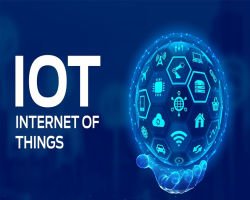









|
|
|
|
|
|
|
|
|
|
|
|
|
|
|
|
|
|
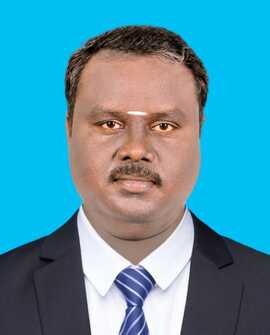
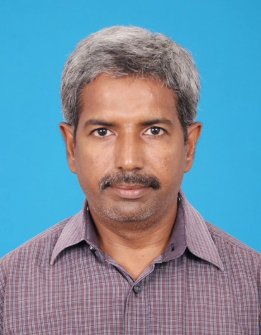
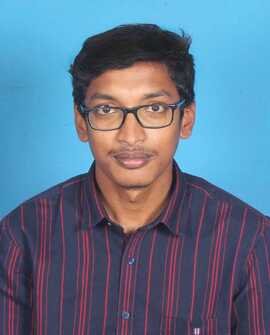

Research work is a important part of every department at K.S.R. College of Engineering. Here’s the roundup of the research work – publications, patents, Grants and programs organized by the department.
Each department has connections with relevant industry professionals, tie-ups through MOUs with companies in order to facilitate Internships, Industry visits, Projects, Knowledge Sharing Expert Sessions by industry experts. This greatly helps us to bring in the industry-perspective into the courses being taught and a hands-on learning for the students.
Phone : 9842550542
Email : hodiot@ksrce.ac.in
Phone : 9566655599
Email : muthukumaran@ksrce.ac.in